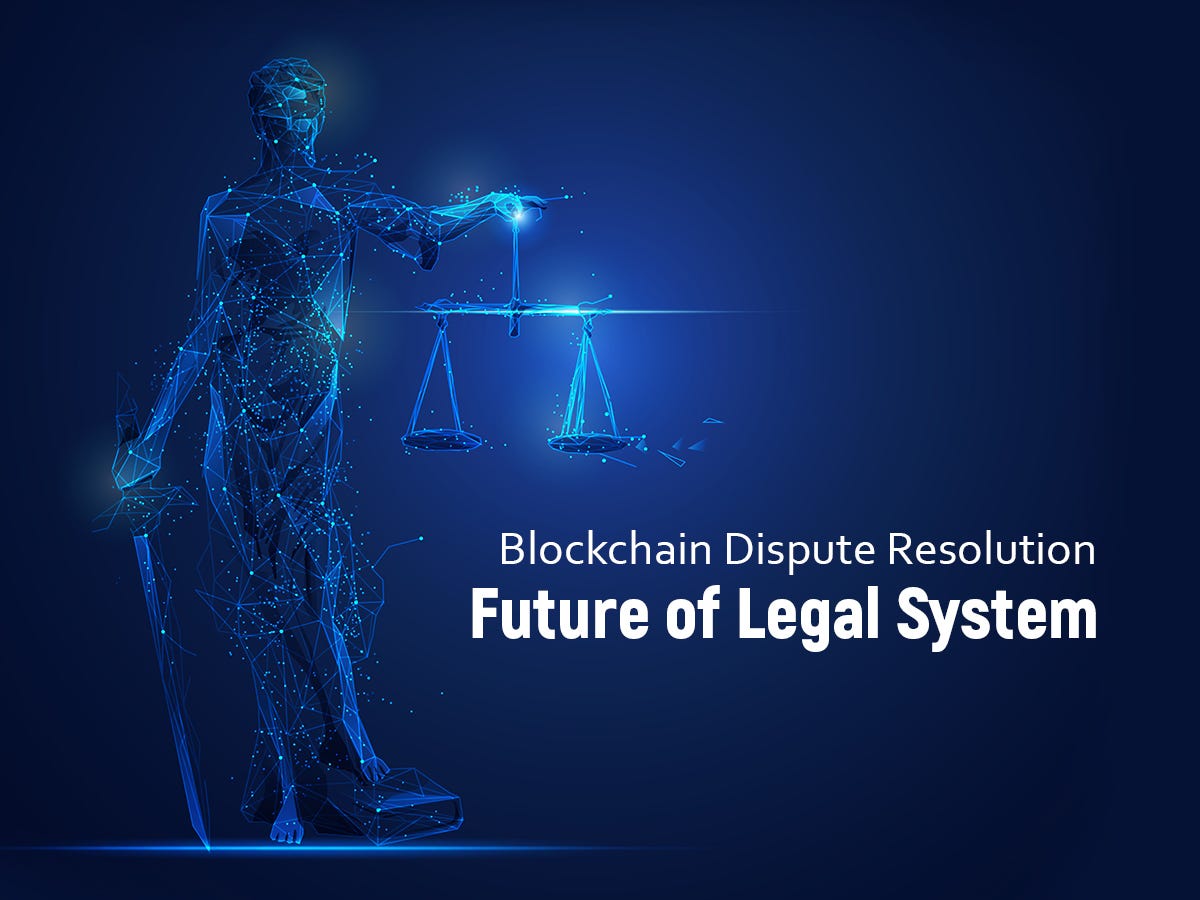
In a world of increasing cross-border digital transactions, traditional methods of resolving disputes, especially commercial and contractual are struggling to keep pace. Arbitration, long favoured for its speed and flexibility, is now encountering a powerful technological ally: blockchain. The future of dispute resolution may not lie in courtrooms or even virtual hearing rooms but in code-based arbitration systems embedded within blockchain smart contracts.
Understanding Arbitration and Its Challenges
Arbitration is an alternative dispute resolution (ADR) mechanism that allows parties to resolve conflicts outside of the traditional court system. It is binding, private, and often faster than litigation. However, it is not without flaws. Arbitration can be expensive, time-consuming, and jurisdictionally complex, especially when it involves international parties with varying legal systems.
Even in digital business models, arbitration typically still requires human arbitrators, voluminous document submissions, and months of hearings. Additionally, enforcement across borders can still lead to delays, legal hurdles, and added costs.
Enter Blockchain Technology
Blockchain is a decentralized, immutable ledger that can securely record transactions across multiple systems. It powers cryptocurrencies, NFTs, and increasingly, smart contracts self-executing pieces of code that automatically enforce predefined rules. These characteristics make blockchain a natural fit for automating certain dispute resolution functions, especially when integrated with smart contracts.
For example, a software development contract can be written into a smart contract on a blockchain. If one party fails to deliver agreed-upon milestones, the contract can trigger a dispute resolution protocol without needing lawyers to step in immediately.
What is Blockchain Arbitration?
Blockchain-based arbitration (or “on-chain dispute resolution”) is a method of resolving disputes digitally, often without human intervention, using smart contracts and decentralized governance protocols. It blends conventional arbitration processes with blockchain’s speed, transparency, and trustless execution.
In this setup, disputes are either resolved automatically based on coded rules or escalated to a decentralized network of third-party arbitrators or validators. Popular platforms such as Kleros, Aragon Court, and Jur have already piloted such decentralized dispute resolution mechanisms.
Key Benefits of Blockchain-Based Arbitration
- Speed: On-chain arbitration can dramatically reduce the time it takes to resolve disputes. Rules embedded in smart contracts execute immediately upon breach, avoiding months-long delays.
- Cost-Effective: Without the need for law firms, international filings, or expensive tribunal procedures, parties save significant money, especially in low-value or repetitive transactions.
- Transparency and Security: Every action is recorded immutably on the blockchain. There is less room for bias, corruption, or miscommunication.
- Borderless Enforcement: Traditional arbitration awards often need local court enforcement. But with smart contracts, the award (like releasing funds from escrow) is automatically executed on-chain, globally.
- Scalability: This system is especially useful for mass, small-scale digital transactions like gig work, freelance contracts, or DeFi disputes.
Real-World Applications
Blockchain arbitration is already being used in decentralized marketplaces, freelance platforms, and crypto lending protocols. For instance:
- A freelancer on a blockchain-based gig platform delivers work. The client refuses to pay. The smart contract triggers a dispute, which is reviewed by a randomly selected panel of peer validators, who then vote. If the freelancer wins, the funds are released automatically.
- In a token sale, if contributors don’t receive their tokens by the deadline, the smart contract refunds them automatically without requiring a lawsuit.
These systems are especially attractive for Web3 startups, crypto exchanges, and blockchain developers, who often lack clear legal frameworks across jurisdictions and need fast, scalable dispute resolution mechanisms.
Limitations and Legal Considerations
Despite the promise, blockchain arbitration is still evolving. Key challenges include:
- Lack of Legal Recognition: On-chain decisions are not always recognized by traditional courts under the New York Convention or local arbitration laws.
- Bias and Collusion: In decentralized models, validators may collude or be influenced without strong governance mechanisms.
- Lack of Flexibility: Smart contracts are only as good as the code written. Complex legal issues or nuanced disputes may still require human judgment.
- Jurisdiction and Regulation: Regulatory clarity is lacking. In India, for example, smart contracts and blockchain arbitration are not yet governed by clear statutes.
That said, hybrid models are emerging where traditional arbitration institutes use blockchain to store evidence, time-stamp events, or even trigger payments, combining legal enforceability with technological efficiency.
Blockchain Arbitration in India: The Road Ahead
India is gradually warming up to blockchain-based solutions. While there is no formal legal recognition yet of smart contracts as legally binding arbitration mechanisms, Indian law (especially under the Arbitration and Conciliation Act, 1996) is flexible enough to allow innovation in procedure and evidence collection.
Forward-looking law firms and startups in India are beginning to experiment with smart contract templates, code-based escrow mechanisms, and decentralized governance for B2B and SaaS contracts. As India builds toward a Digital India vision, blockchain arbitration could play a vital role in easing dispute resolution burdens for startups, freelancers, and cross-border SaaS companies.
Conclusion: The Future Is Hybrid and Smart
Blockchain-based arbitration is not about replacing courts or lawyers it’s about making dispute resolution smarter, faster, and more efficient. As technology matures and legal systems catch up, blockchain automation is likely to enhance traditional arbitration through hybrid models.
If you are a tech startup, SaaS company, or Web3 project, navigating complex development contracts or international payments, it’s time to start exploring smart legal infrastructure and blockchain arbitration may well be the next frontier.
